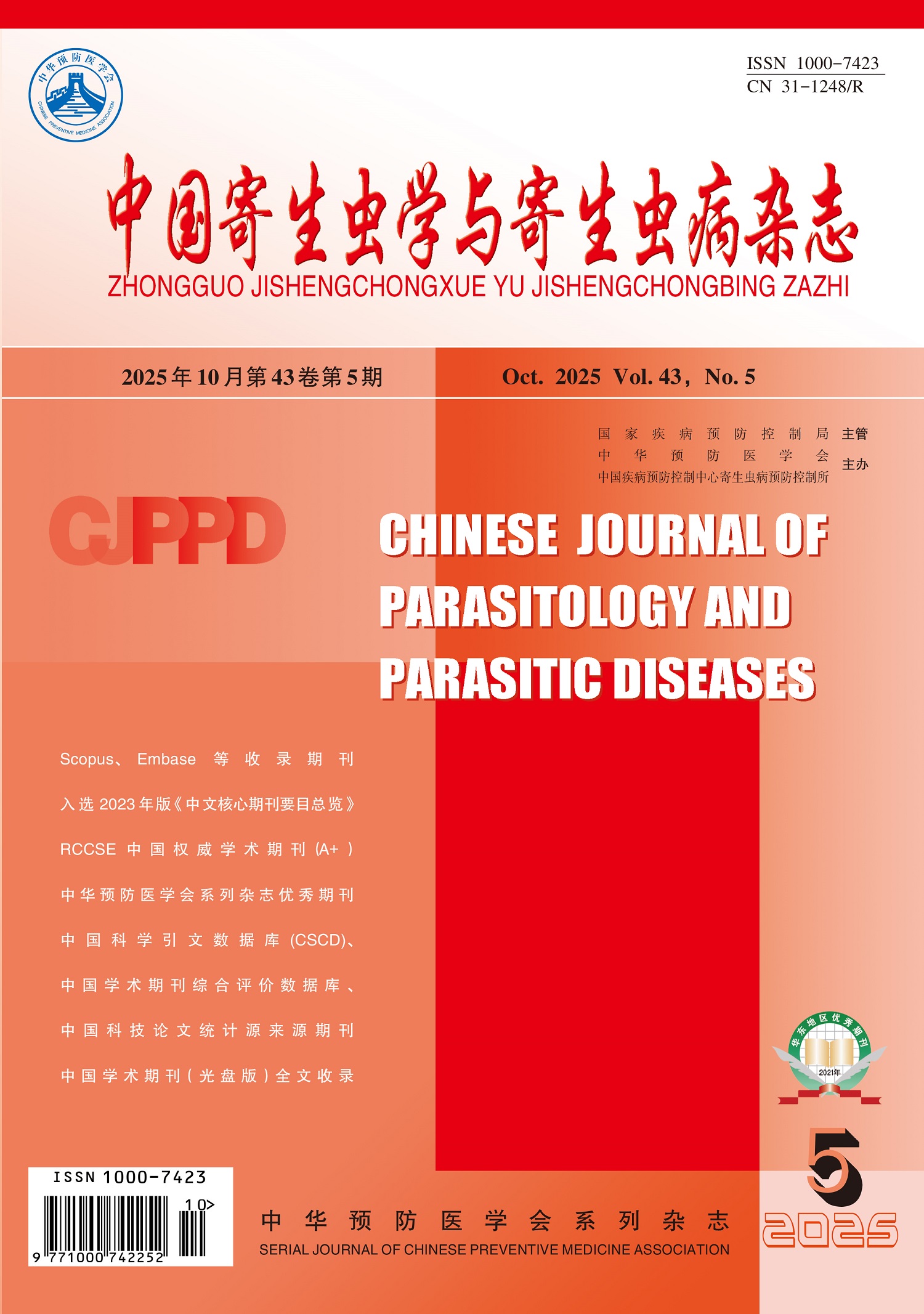
In order to further strengthen the professional ethics of authors, reviewers and editors, and to improve the publication level of journals, the editorial department refers to relevant publication ethics standards such as the International Publication Ethics Committee (COPE) and the International Medical Journal Editing Committee (ICMJE), and according to the actual situation of journal publication, the publishing ethics and ethics standards for the editorial department are as follows:
I. The responsibility of Editorial Board
1. Responsibility to Authors
(1) The editorial board should effectively arrange peer reviews, make editorial decisions, and communicate with authors in a clear and constructive manner. Every manuscript will be treated equally according to the principles of double-blindness, fairness, justness and objectiveness.
(2) The editorial decision should be based on the correlation between the content of the paper and the journal, the originality and quality of paper and the contribution to important issues of paper, and should not be challenged by commercial interests, personal relationships, negative reports and authority.
(3) If there is competition, cooperation or other related conflicts of interest with authors and institutions, the editor should take the initiative to avoid processing the manuscript.
(4) Recommend and refusal reviewers proposed by the author should be verified, and the reasons should be determined before deciding whether to adopt the opinions. The editor should avoid editing, reviewing, and finalizing the manuscripts of authors with friends, teachers, students, and relatives.
(5) The content of the manuscript is kept confidential, and the author's research results cannot be used in violation of regulations.
(6) The editor is responsible for formulating, implementing and regularly reviewing the policies about the ethical issues or misconduct of authors.
(7) Authors are supported to submit integrity support materials related to academic research.
2. Responsibility to Reviewers
(1) The editorial board should pay attention to protecting the personal information and legitimate rights and interests of reviewers. Reviewers are required to keep the manuscript and related materials strictly confidential, and should not publicly discuss the author's research before it is officially published.
(2) Manuscripts should be assigned for review according to the reviewer ’s research field.
(3) Reviewers are required to be alert to potential conflicts of interest with authors and avoid them in a timely manner.
(4) Reviewers are allowed to have enough time to complete the review.
(5) The opinions of reviewers should be respected, if the authors have objections, allow them to file an appeal.
(6) The editorial board encourage academic controversy and allow readers to submit comments, questions or criticisms about published papers. Author is responsible for responding to this and cooperating with the editorial department to respond to any queries about data or other information.
3. Editor's Responsibility to Readers and the Scientific Community
(1) Editors should review all authors and take responsibility for the content of the final manuscript or for the parts they contributed.
(2) Editors should have journal integrity, for example, correct mistakes, clearly identify and distinguish between different academic misconducts, and correct, corrigenda, withdraw papers or supplement data.
(3) Editors should participate in all relevant potential conflicts of interest in the review or determine that there are no conflicts of interest.
(4) After publication, editors should retain the management of the original submissions and related processing traces in the editing and editing system, and including scanning the review manuscripts at all levels (Such as English proofreading manuscript, editorial board director review manuscript, executive director final review manuscript, etc.) and electronic filing.
(5) Domestic and international publishing standards should be followed during the publishing process.
II. Editor's Rights
1. Based on the reliability of research and the importance to journal readers, editorial decisions should be able to freely express critical and responsible opinions on medical issues without fear of retaliation.
2. The journal helps editors formulate and maintain editorial policies through an independent editorial board.
3. If necessary, the editor can seek advice for decision-making and controversial views from multiple parties, such as reviewers, editorial staff, editorial board members, and readers.
4. If legal issues arise, the confidentiality of authors and reviewers (including review comments) should be maintained (with the exception of informed consent).
III. Publication and Copyright
1 According to the Copyright Law of the People's Republic of China and the specific circumstance of this journal, no further notification received by author 3 month later after receiving the receipt from the editorial board for a successful manuscript submission indicating that the manuscript is still in evaluation. If author is going to send this manuscript to other journal, please contact the editorial board and make no multi contribution. If multi-contribution is discovered, the manuscript to this journal will be send back promptly. Once the re-publication of a manuscript on other journal is discovered, a declaration about the re-publication will be issued by the editorial board, and any contribution of the author will be refused within 2 years.
2 When the author submits a manuscript, a certificate of authorization for exclusive right to use of the thesis or copyright protocol will be signed by author in his (her) own hand, and it will be uploaded to the system with the original manuscript.
3 When a manuscript is decided to publish, page fee will be charged according to the number of finalized manuscript words, and a one-off payment of remuneration and related copyright use fee will be made for author. The published thesis will be included by authoritative databases both at home and abroad.
4 Plagiarism and fraudulent data are forbidden to avoid any academic misconduct issues.
5. This journal has the right to modify the text of the manuscript, but it will not modify the core data and content in the manuscript.
IV. Academic Misconduct
Academic misconduct includes but is not limited to: fabricate data, forge data (such as deceptive image) and plagiarism. If the author is questioned or discovered the academic misconduct of submitted or published papers, the journal will usually initiate the relevant procedures of COPE (Committee on Publication Ethics) to investigate and publish the results of the investigation, and retract the manuscripts for academic misconducts. Editors may even ask these authors to provide guarantees for the reliability of their research when they submit their manuscripts in the future, or issue a statement saying that the authors ’previous research reliability cannot be determined.
V. Retraction and Correction
Once the editorial department finds a publication error, it must be corrected or withdrawn in time. In dealing with publication ethics complaints, the editorial department will follow relevant national policies and procedures, follow the basic principles of Uniform Requirements for Submission of Biomedical Journals (http://www.icmje.org) formulated by ICMJE, and provide authors with a chance to respond. Regardless of whether the original manuscript has been published, all complaints must be strictly reviewed and relevant documents must be retained.
1. Author's voluntary retraction: After the online submission system successfully submits the manuscript, in the peer review process, due to special reasons to retract the manuscript, it is necessary to explain the situation to the editorial department. At the same time, the institution of author must provide instructions and affix the official seal, and the original or scanned copy should be sent to the editorial department for approval before the manuscript can be retracted. Once the manuscript is accepted by the editorial department, it cannot be retracted. If the manuscript is retracted twice in total, the editorial department will reject the manuscript as the first author or corresponding author within 1 year.
2. Retraction of editorial department: If the editorial department finds a serious error after the paper is published, it will publish a withdrawal declaration and refuse to accept its signed manuscript within 1 year, including the following situations: ① It has been confirmed that the paper has serious untrustworthiness, academic misconduct (including fabricate data and forge data) or non-subjective errors, so that the findings and results reported in the paper are not credible. ② The plagiarism problem exists in the paper. ③ The research reported in the paper violates medical ethics. ④ Repeat publication. ⑤ There are serious defects in the manuscript publishing process. If the manuscript has been officially published, the editorial department will publish a withdrawal declaration on the website and in the latest issue of journal, and send a withdrawal declaration to the relevant database collection agency to retract all data information of its manuscript.
3. Erratum / Correction: After publication, a small number of errors, such as data, charts, content, will be published in the latest issue of journal to correct the harmful effects of misleading publications.

